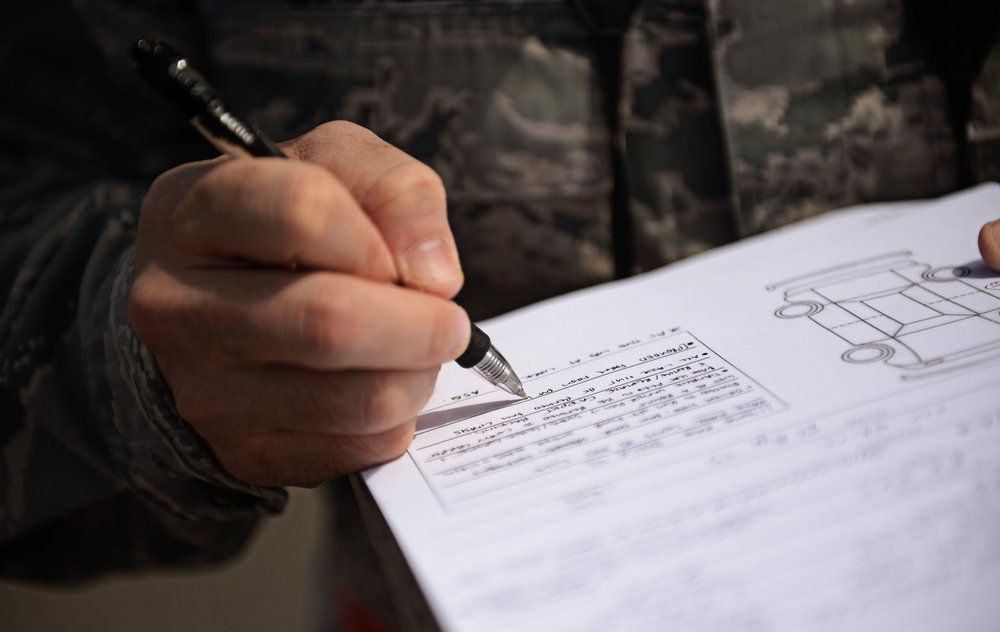NAS Sigonella – What is the Military Claims Act (MCA)? The MCA is a mechanism to administratively settle and pay claims arising from personal injury, death, or damage and loss of real or personal property caused by the Department of Defense (DOD).The MCA is a mechanism to administratively settle and pay claims arising from personal injury, death, or damage and loss of real or personal property caused by the Department of Defense (DOD).
What claims are payable? MCA claims are payable ONLY if they are caused by a negligent or wrongful act or omission by DOD personnel, acting within the scope of their employment. MCA claims are payable ONLY if they are caused by a negligent or wrongful act or omission by DOD personnel, acting within the scope of their employment.
MCA claims may also arise from DOD accidents or noncombat activities, regardless of whether such injuries or damages resulted from negligent or wrongful acts or omissions. The MCA claim may be settled under this provision if it arises from authorized military activities in which the U.S. has assumed broad liability. In this case, there is no requirement that the injuries or damages be caused by a particular act or omission by DOD personnel acting within the scope of their employment. MCA claims may also arise from DOD accidents or noncombat activities, regardless of whether such injuries or damages resulted from negligent or wrongful acts or omissions. The MCA claim may be settled under this provision if it arises from authorized military activities in which the U.S. has assumed broad liability. In this case, there is no requirement that the injuries or damages be caused by a particular act or omission by DOD personnel acting within the scope of their employment.
Who can file a claim? The MCA claim may be filed by U.S. citizens and inhabitants for personal injury and damage/loss of personal property. U.S. military personnel and civilian employees can only make a claim for damage/loss of personal property - NOT personal injury. The MCA claim may be filed by U.S. citizens and inhabitants for personal injury and damage/loss of personal property. U.S. military personnel and civilian employees can only make a claim for damage/loss of personal property - NOT personal injury.
EXAMPLE: If a service member driving a government vehicle hits another vehicle, the person whose vehicle was damaged by the government vehicle could potentially file a claim under the MCA. However, the claim would only be successful if it is shown that the service member driving the government vehicle was acting within the scope of his/her duties and was at fault for the accident. If a service member driving a government vehicle hits another vehicle, the person whose vehicle was damaged by the government vehicle could potentially file a claim under the MCA. However, the claim would only be successful if it is shown that the service member driving the government vehicle was acting within the scope of his/her duties and was at fault for the accident.
How does someone file a claim? The MCA claim should be presented in writing within two years from the date of the accident or loss. The MCA claim should be filed with a local legal office or directly with the Claims Office. Once the administrative and investigatory requirements have been met by the Claims Office, the claim will be forwarded to the Tort Claims Unit (TCU) in Norfolk for final adjudication. The MCA claim should be presented in writing within two years from the date of the accident or loss. The MCA claim should be filed with a local legal office or directly with the Claims Office. Once the administrative and investigatory requirements have been met by the Claims Office, the claim will be forwarded to the Tort Claims Unit (TCU) in Norfolk for final adjudication.
It is up to the potential claimant to provide the full documentation to substantiate his or her claim. Documentation should include the original form SF95, signed and dated by the claimant, reporting a sum in U.S. dollars. In order to substantiate the request, two estimates of repair must be provided by the claimant. If it is not viable to get a second estimate of repair, the local command may request a waiver from the TCU through the local Region Legal Service Office. It is up to the potential claimant to provide the full documentation to substantiate his or her claim. Documentation should include the original form SF95, signed and dated by the claimant, reporting a sum in U.S. dollars. In order to substantiate the request, two estimates of repair must be provided by the claimant. If it is not viable to get a second estimate of repair, the local command may request a waiver from the TCU through the local Region Legal Service Office.
Can a foreign national file a claim? Claims arising from losses or injuries suffered by foreign nationals, occurring in the country they inhabit, are NOT covered under the MCA, unless they are a command-sponsored dependent whose claim is not payable under the NATO SOFA or the Foreign Claims Act (FCA). Claims arising from losses or injuries suffered by foreign nationals, occurring in the country they inhabit, are NOT covered under the MCA, unless they are a command-sponsored dependent whose claim is not payable under the NATO SOFA or the Foreign Claims Act (FCA).
